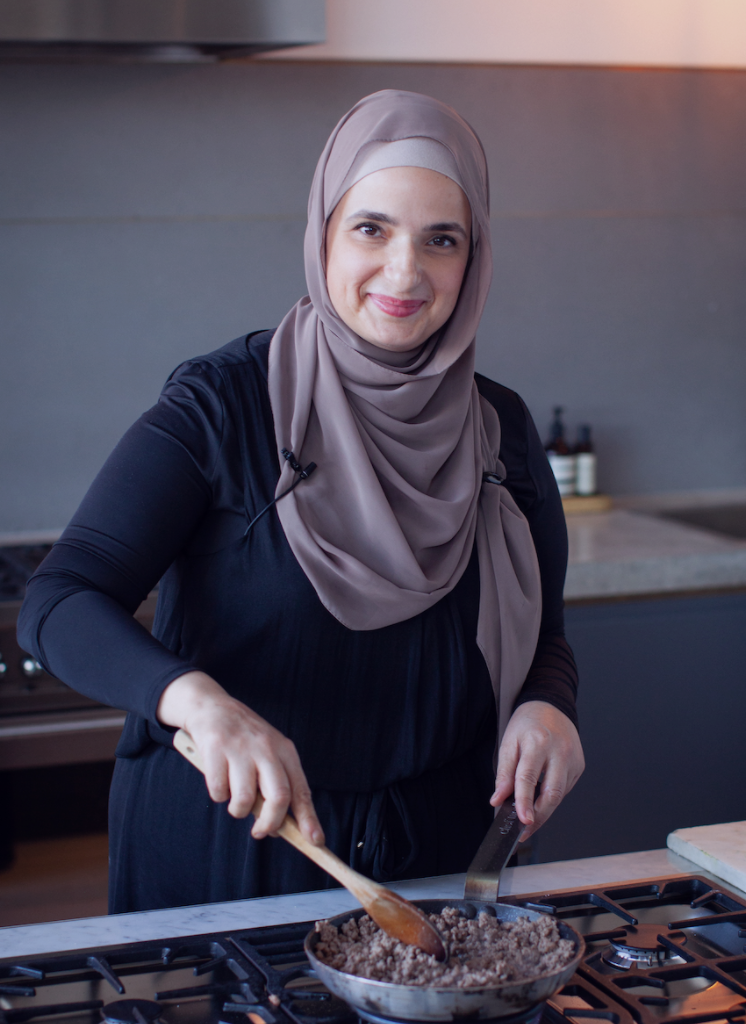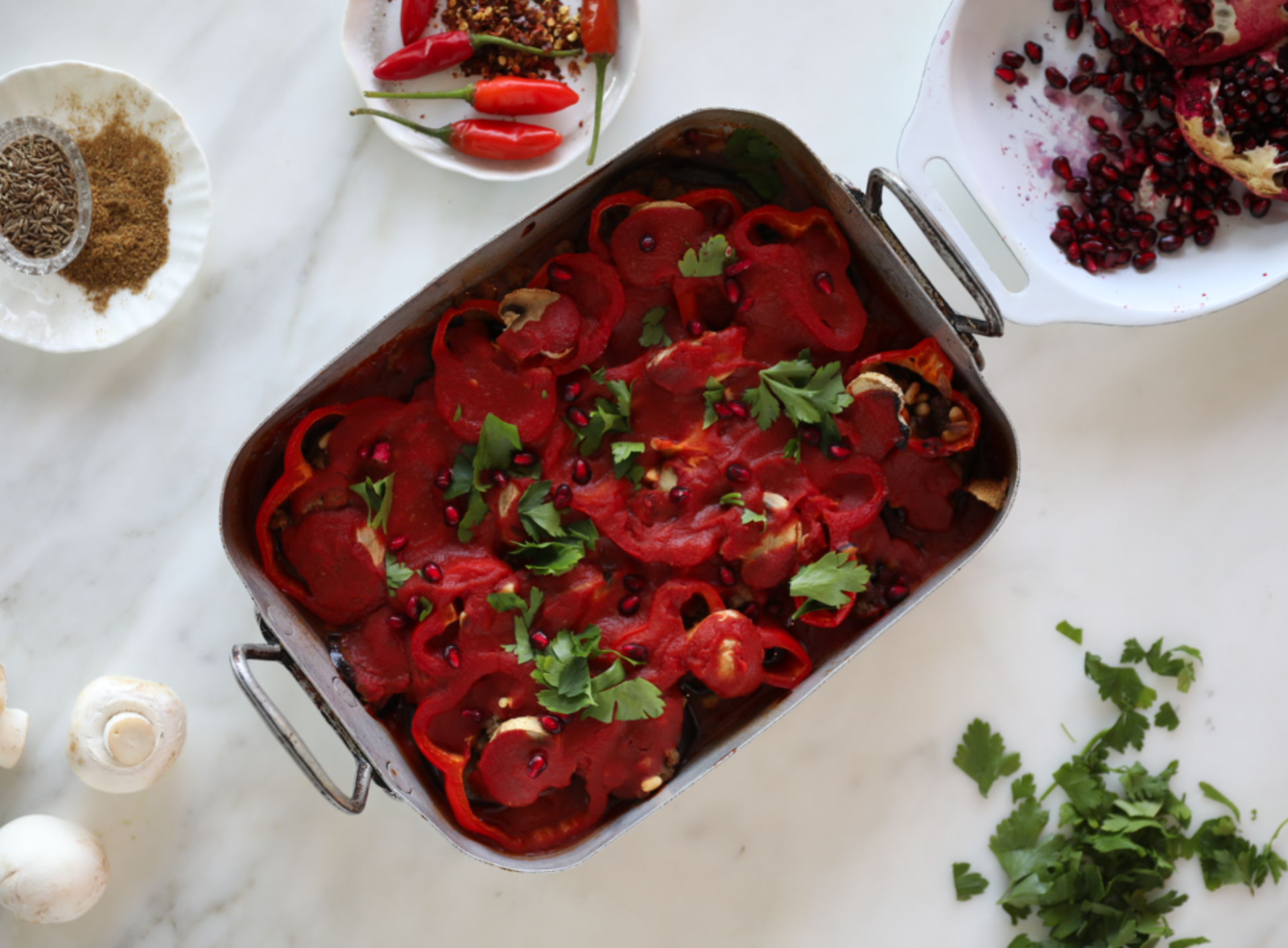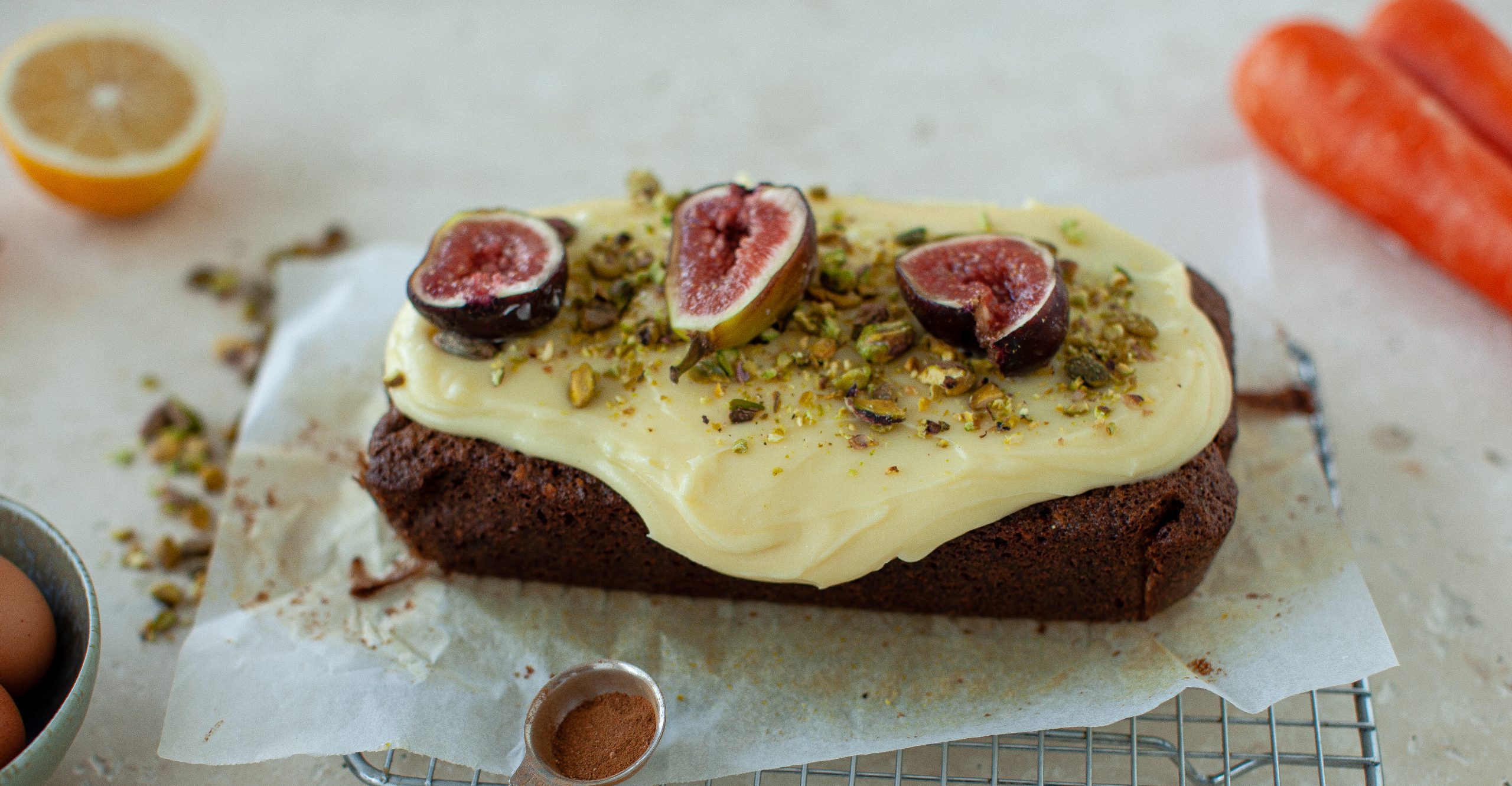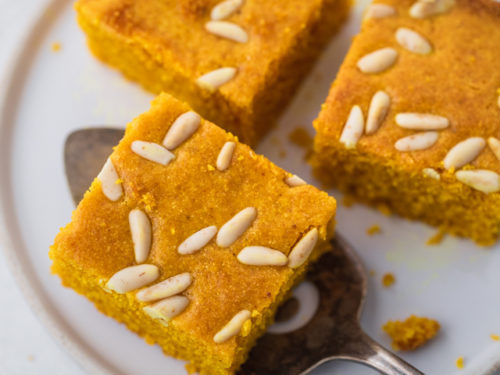Fatimah’s Lebanese Sheikh El-Mehshi (Stuffed Eggplant)
 Lebanon
Lebanon 
My parents, like many Lebanese immigrants, fled Lebanon in the 1970s due to the civil war.
Mum and dad both grew up in Tripoli on the north-west coast of Lebanon. Tripoli has a lot of Syrian influence. Meat, rice, breads and grains are a big part of the cuisine and I think it’s fair to say our sweet pastries are probably the best in the Middle East. Nothing can compare to the excitement and buzz that is North Lebanon.
The streets of Tripoli are crammed with food vendors, restaurants and food stores filled with the aromas of delicious fare that would satisfy even the fussiest of food critics.
I was fortunate enough that my parents held on to their homeland traditions. We rarely, if ever, ate out growing up. Other than the occasional fast food treat like fish and chips by the beach, I don’t think I ever stepped into a restaurant pre teenage years.
My mother cooked daily. There weren’t ‘days off cooking’ in my childhood home. Breakfast, lunch and dinner were all sit-down meals that we enjoyed as a family. No device or screen distractions. Just conversation and wholesome good Lebanese cuisine.
Ramadan was in the summertime when I was growing up in the 80s. Long hot days meant we had to plan appropriately for our pre sunrise meal. ‘Suhoor’ (our pre-dawn breakfast) was often high energy cakes such as a Carrot and Pistachio cake served with cinnamon milk tea. Avoiding thirst and maintaining our energy was important to sustain us for the day.
We lived in an apartment, my parents, four siblings and I. Bar one apartment, we were all Muslims in that block in Hurstville, South Sydney. And just before sunset ‘iftar’ when we would break our fast, each and every family in the block would send their child to each other’s homes with a small plate of the day’s cuisine. Indian, Pakistani, Egyptian and Lebanese families. Sharing food is generosity on a plate. This is the essence of Ramadan and this is Islam.
I sometimes joke that I grew up in the kitchen alongside my mother who didn’t so much teach me how to cook as use me for child labour! But I loved it. I would stir yogurt sauce for what seemed like hours on end with my mother threatening that if I stopped, the whole dish would be ruined. I was the designated cake batter bowl licker – that was my reward and probably has something to do with my love of cake-making and baking and desserts. But I was also the dish washer. What is it they say that behind every great cook is a great washer-upper! I was also responsible for garlic bashing and getting the ingredients out of the fridge and pantry even when my mother stood closer to it!
In our tiny apartment, we had a tiny kitchen which didn’t fit much more than the two of us in, a small four burner stove and an almost non-existent benchtop but my mum would spend the whole day whipping up meals to feed our huge Lebanese family.
One of the savoury Lebanese dishes I have always loved most is stuffed eggplant. It’s not so much stuffed as topped but my mother used to love cooking it and one of my strongest childhood memories is of hovering at her side waiting for her to pick the deep-fried eggplant out of the frying pan and hoping she wouldn’t mind if I took a piece or two to wrap in Lebanese bread. There’s nothing like deep-fried eggplant. It just melts in your mouth. The other special ingredient is pine nuts. Made popular now by cooks like Ottolenghi, it’s a traditional delicacy in Middle Eastern cooking and I think every Lebanese family has a bag of them in the pantry ready to elevate all sorts of dishes to the next level.
We traditionally serve it with Lebanese rice (rice and vermicelli noodles) or flatbread but a friend of mine I cooked this for used up the leftovers with pasta and mozzarella.
However you eat it, I know you’ll love it. It’s fairly simple – and if you prefer, the eggplant can be roasted with a little olive oil rather than deep-fried. If I can manage it, I’m sure you will too.
Share this story

Wash and slice the eggplant in thick chunks leaving skin intact. Deep Fry in preheated vegetable oil, until light golden brown and soft. Leave on side on paper towels for excess oil to drain.
In a seperate saucepan, brown the minced meat continuously to break apart into tiny pieces. Once browned, add cumin and salt and pepper to taste & leave aside.
Pour the tomato purée into a bowl & combine salt, pepper, cumin, 1/2 teaspoon of sugar, half a cup of water & mix well. Leave aside.
In a dry non-stick frying pan, toast the pine-nuts until light golden in colour
In a baking tray, spread a few tablespoons of the tomato purée on the bottom, then lay the fried eggplant slices neatly on top. Create a layer of minced meat on top of each eggplant slice & then equally top with pine nuts. Place sliced capsicum and mushrooms on top. Then gently pour tomato purée mix on top of all layers.
Place in a preheated oven at 180 degrees for about 20-30mins until vegetables are cooked. Garnish with chopped parsley and serve with your choice of Rice or Lebanese Pita Bread.




